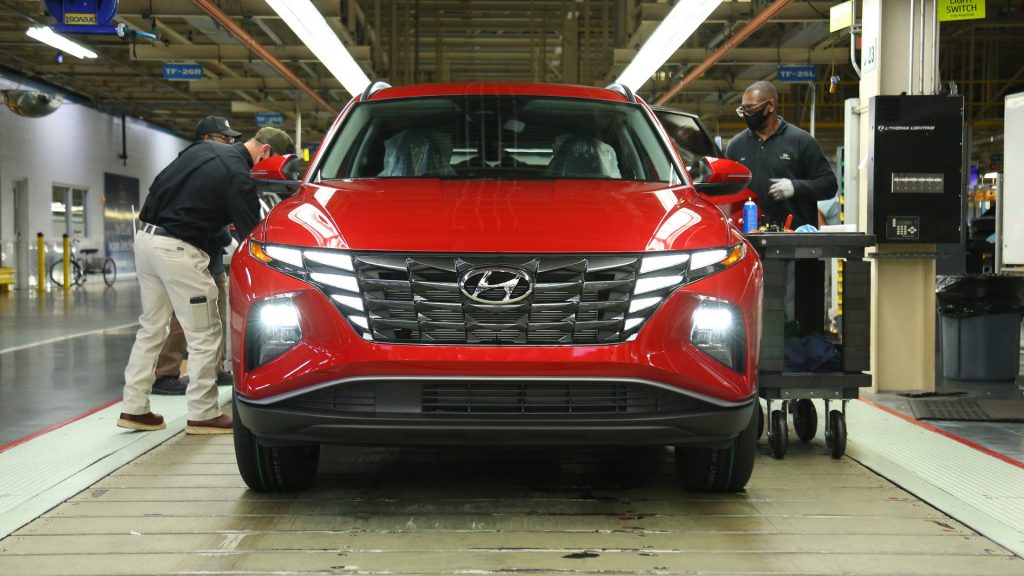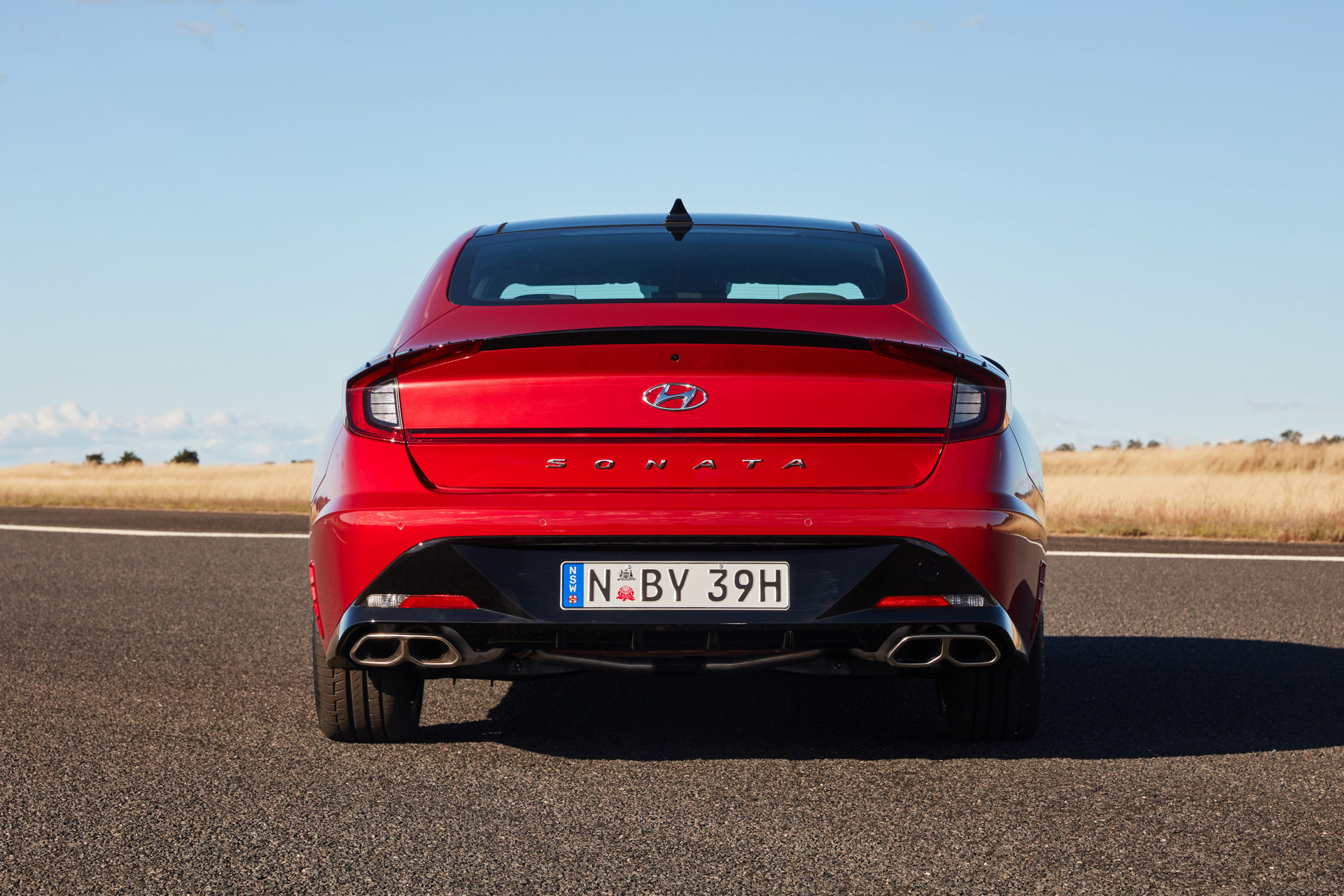While most car manufactures have been forced to cut production due to microchip shortages, Hyundai has so far avoided a similar fate.
Sources assert that the Hyundai Motor Group, including Kia, began to stockpile chips last year while most other car manufacturers started cutting orders for chips due to diminished new car demand in 2020. Not only did Hyundai keep on ordering chips but it actually accelerated purchases of them towards the end of the year.
“Like other automakers, Hyundai also planned to cut production at the beginning of the year because of COVID-19,” one source with knowledge of the matter told Reuters. “But procurement read the trend of the semiconductor industry cutting auto chips production and said, ‘if we don’t buy them as well, we’ll be in trouble later on.”
Analysts believe the fact that the South Korean market remained relatively strong throughout the pandemic in 2020 likely influenced the company’s plans to increase chip orders. Hyundai’s decision to keep on ordering the chips also allowed it to reduce costs.
Read Also: President Biden To Sign Executive Order Aimed At Securing Supply Chains For EVs And Semiconductors
“This has allowed Hyundai to first, secure auto chips, and second, buy them when they were cheaper,” Korea Investment & Securities analyst Kim Jin-woo said.
In addition, Hyundai has more local suppliers than many of its rivals. These include Telechips which analysts believe will likely prioritize orders from Hyundai.
Hyundai and Kia’s chip supplies won’t last forever, however. In a recent earnings call, Kia said it couldn’t say if it is prepared for the next three to six months but is not “seeing any immediate production disruption.” Hyundai is said to be trying to save the chips it has by adjusting production of its weaker-selling Sonata model in Korea.









